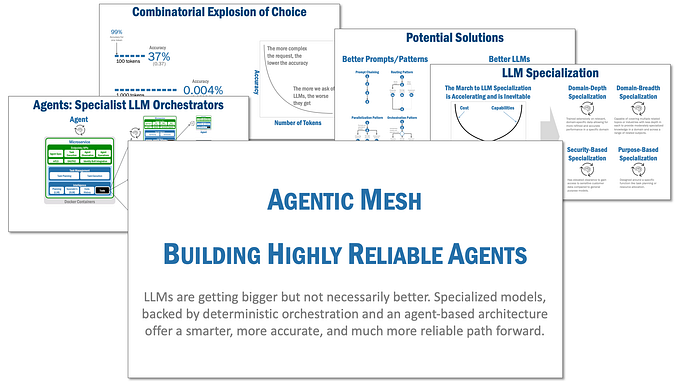AI Ethics in Autonomous Vehicles: Striking the Balance Between Safety and Ethical Challenges

Autonomous vehicles are rapidly advancing, promising to revolutionize transportation. With their ability to make decisions without human intervention, the ethical implications of these AI-driven vehicles come into focus. Striking a balance between safety and ethical considerations is crucial for their widespread adoption. In this blog, we will explore the ethical challenges posed by autonomous vehicles and discuss how society can navigate these complex issues.
Understanding Autonomous Vehicles
To comprehend the ethical dilemmas surrounding autonomous vehicles, it’s essential to grasp their functioning. Most vehicles depend on artificial intelligence algorithms to process data from sensors, make decisions, and control their movements. This technology raises questions about responsibility, accountability, and the decision-making capabilities of machines.
Safety as a Primary Concern
The primary goal of autonomous vehicles is to enhance road safety by reducing human errors. AI algorithms can react faster and make more precise decisions than humans. However, ensuring the safety of passengers, pedestrians, and other drivers involves complex ethical considerations. How should autonomous vehicles prioritize different lives in potentially fatal situations?
IF YOU GET SOME KNOWLEDGE FROM BLOG PLEASE LIKE AND FOLLOW US
Ethical Challenges in Decision Making
Autonomous vehicles must make split-second decisions, leading to ethical dilemmas. For instance, if an accident is inevitable, should the vehicle prioritize the safety of its occupants over pedestrians? Resolving such challenges requires ethical frameworks that align with societal values, balancing the preservation of life and minimizing harm.
Accountability and Liability
Determining accountability when accidents occur involving autonomous vehicles poses legal and ethical challenges. Should the vehicle manufacturer, the software developer, or the vehicle owner be held responsible? Establishing clear guidelines and regulations is crucial to address these issues and allocate liability appropriately.
Transparency and Explainability
Building trust in autonomous vehicles necessitates transparency and explainability. Understanding how AI algorithms make decisions is crucial for users to accept and have confidence in the technology. Developing explainable AI systems can help users comprehend the reasoning behind autonomous vehicles’ actions, minimizing suspicion and fear.
Social Impact and Equity
Autonomous vehicles have the potential to impact various aspects of society, including transportation accessibility and employment. Ensuring equitable access to autonomous transportation for all communities is crucial. Additionally, addressing potential job displacement caused by automation is an ethical consideration that must be taken into account.
Conclusion
As autonomous vehicles become a reality, addressing the ethical challenges they present is vital. To make a safety and ethical considerations requires collaboration between policymakers, technologists, ethicists, and society as a whole. By establishing clear guidelines, fostering transparency, and prioritizing human values, we can navigate the complexities of AI ethics in autonomous vehicles, fostering a safer and more ethically conscious transportation future.
AI, ARTIFICIAL INTELLIGENCE, VEHICLES, SAFETY









